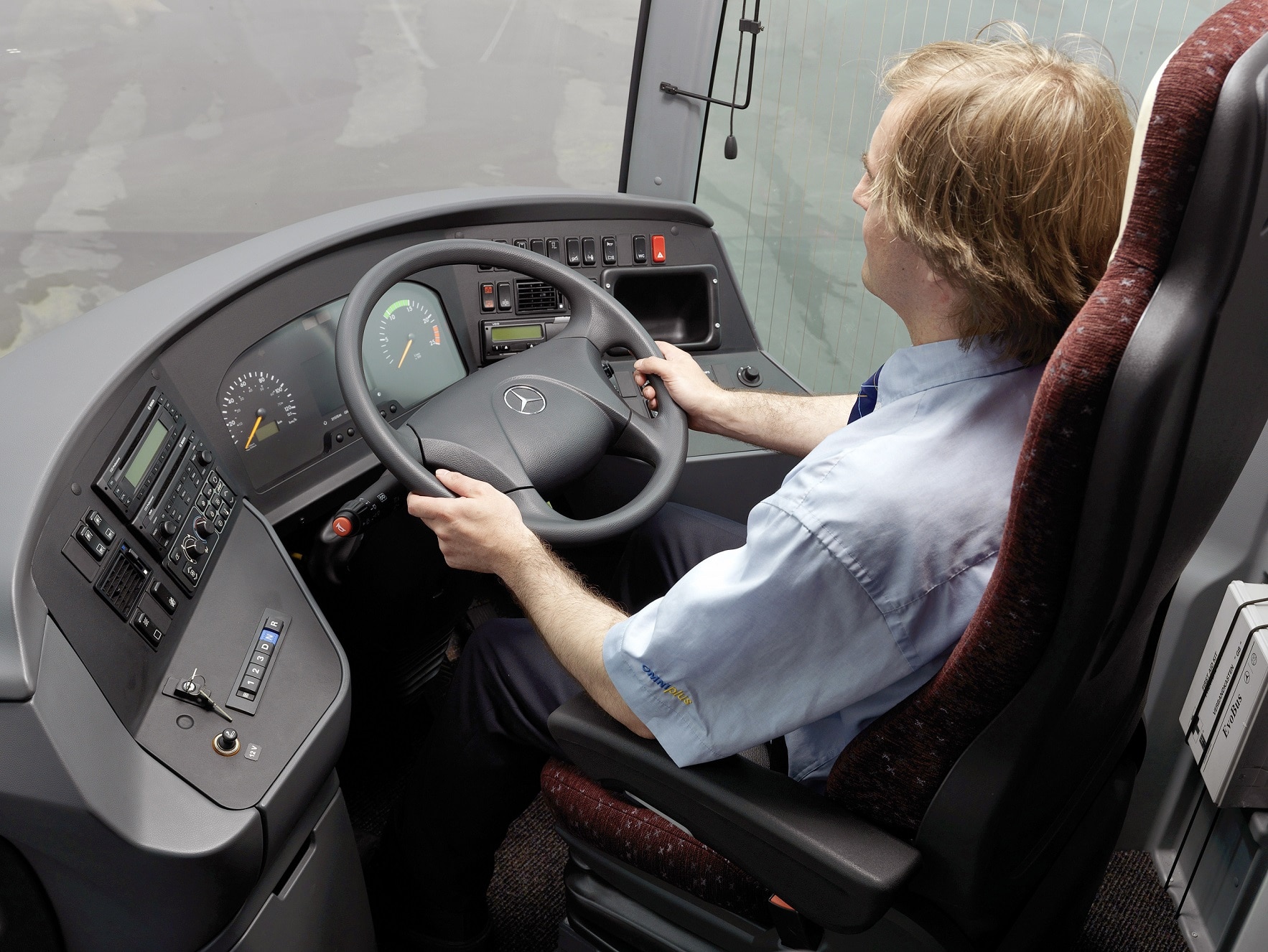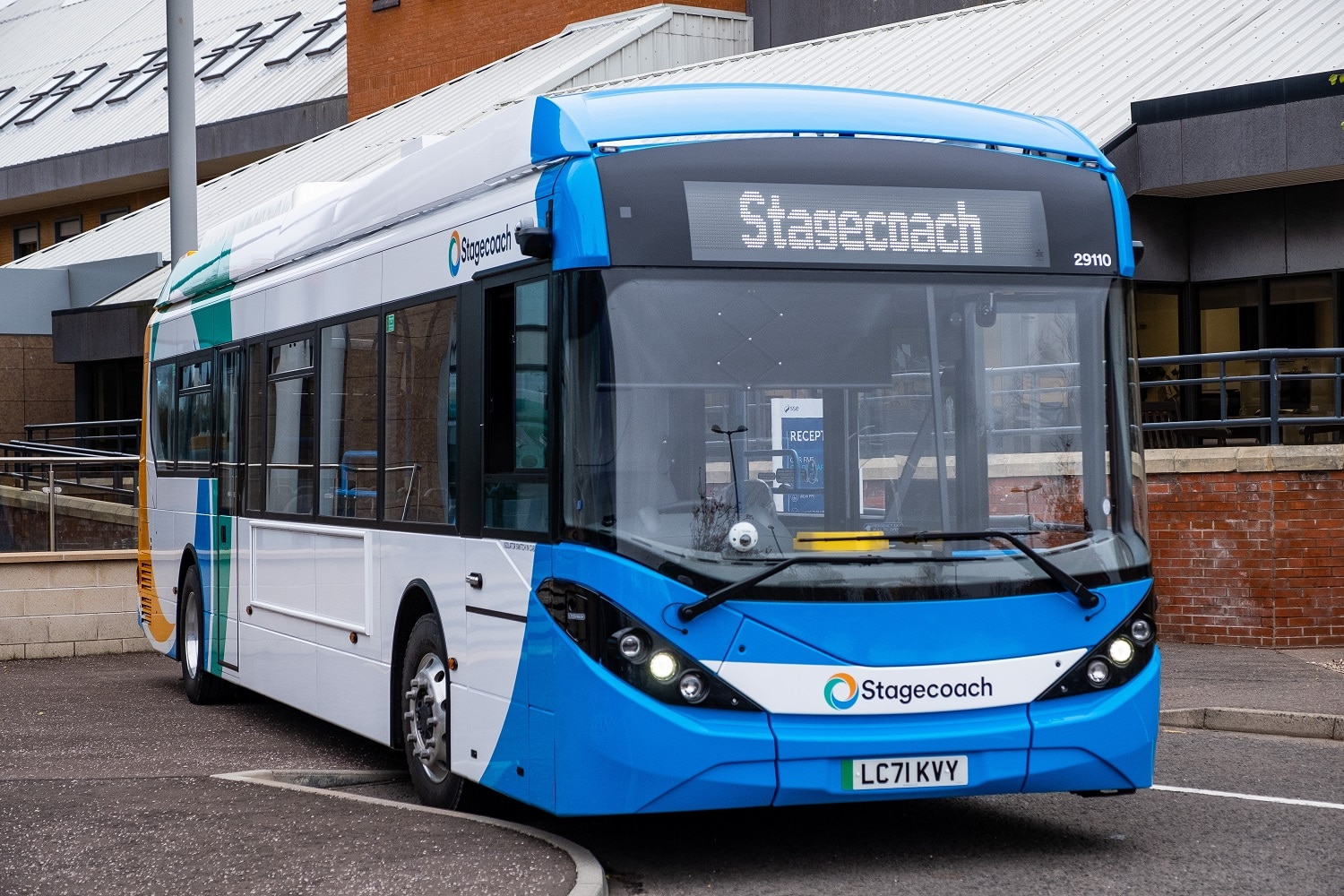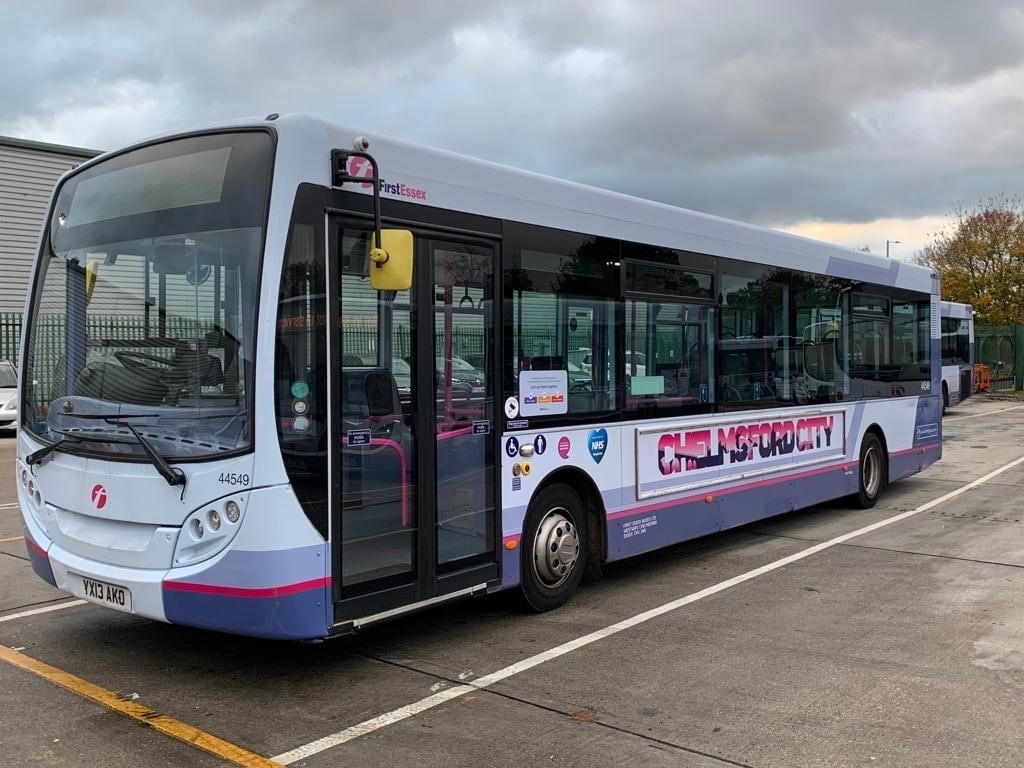DVLA has launched a consultation on proposals to extend the pool of healthcare professionals that can complete its medical questionnaires, including those that concern vocational licence holders. If the plan proceeds, it will potentially speed the medical decision-making process when the Agency has been notified of a medical condition.
The work forms part of an approach “to improve the medical licencing processes.” It follows criticism of frequent delays to the approval to drive being given to some vocational licence holders that are subject to medical investigation.
Such a change will require an amendment to the Road Traffic Act 1988. That legislation currently permits only a doctor to complete a DVLA medical questionnaire. The Agency says that the average time taken to receive that information has been “severely impacted” by the COVID-19 pandemic. It currently stands at around 75 calendar days for vocational licences.
DVLA wants other staff, including specialist nurses, to be able to complete medical questionnaires. That will reduce turnaround times and the burden placed on the NHS by the work, and deliver a cost saving for DVLA, which must pay for the task to be completed.
The Agency says that in many cases, nurses and other healthcare professionals “would be more involved [with] patient treatment and therefore equally placed to complete the questionnaire.” The existing requirement for a doctor to complete DVLA medical questionnaires “does not reflect current clinical practices,” the consultation document adds.
“Under the current approach, the time taken to provide evidence for complex cases can lead to lengthy waits for those being assessed,” the consultation says. “This has implications for the speed of service that individuals receive.”
If made, any change will not affect the process involving D4 medical examination reports for vocational licence holders.
Read the consultation here.



























